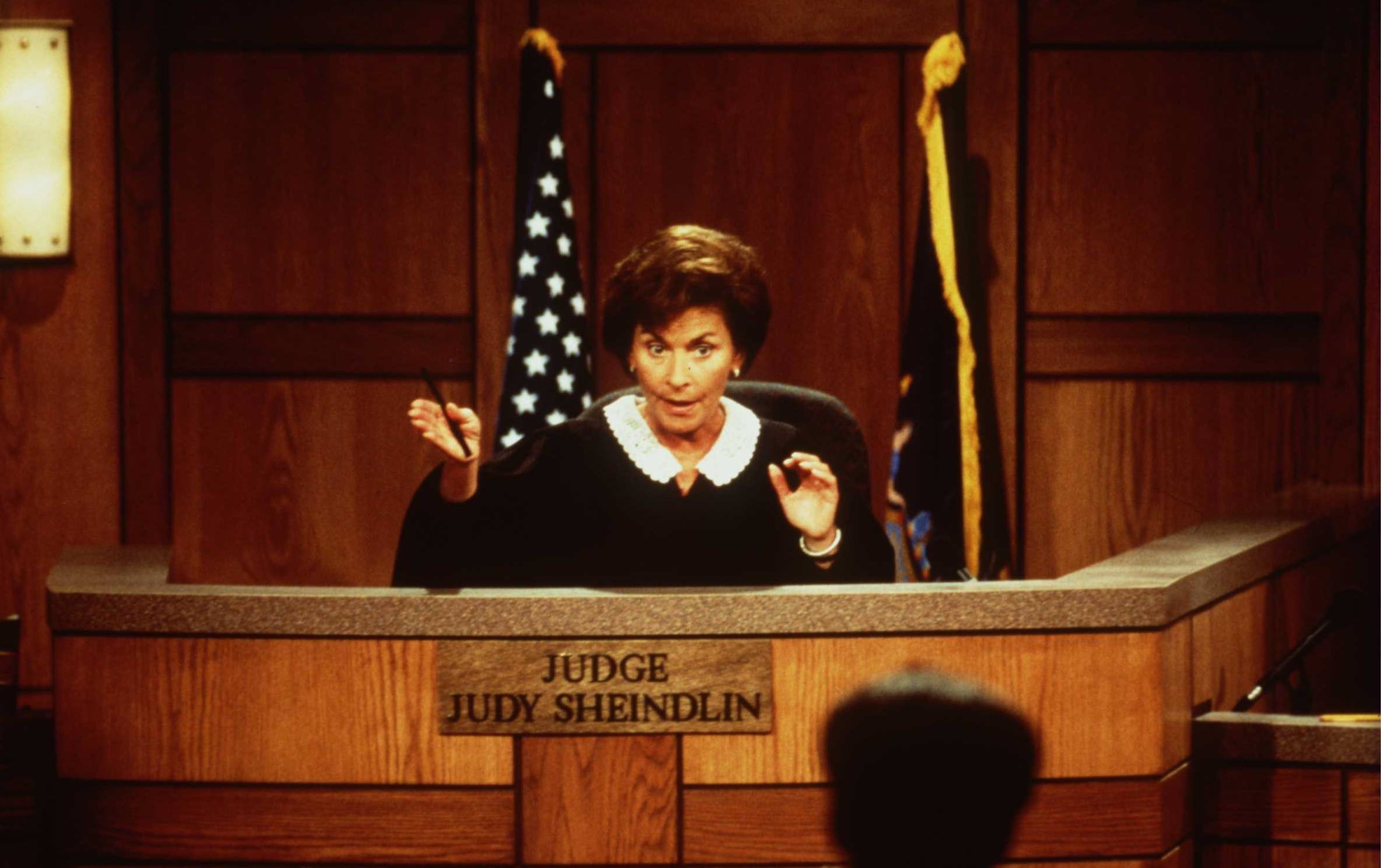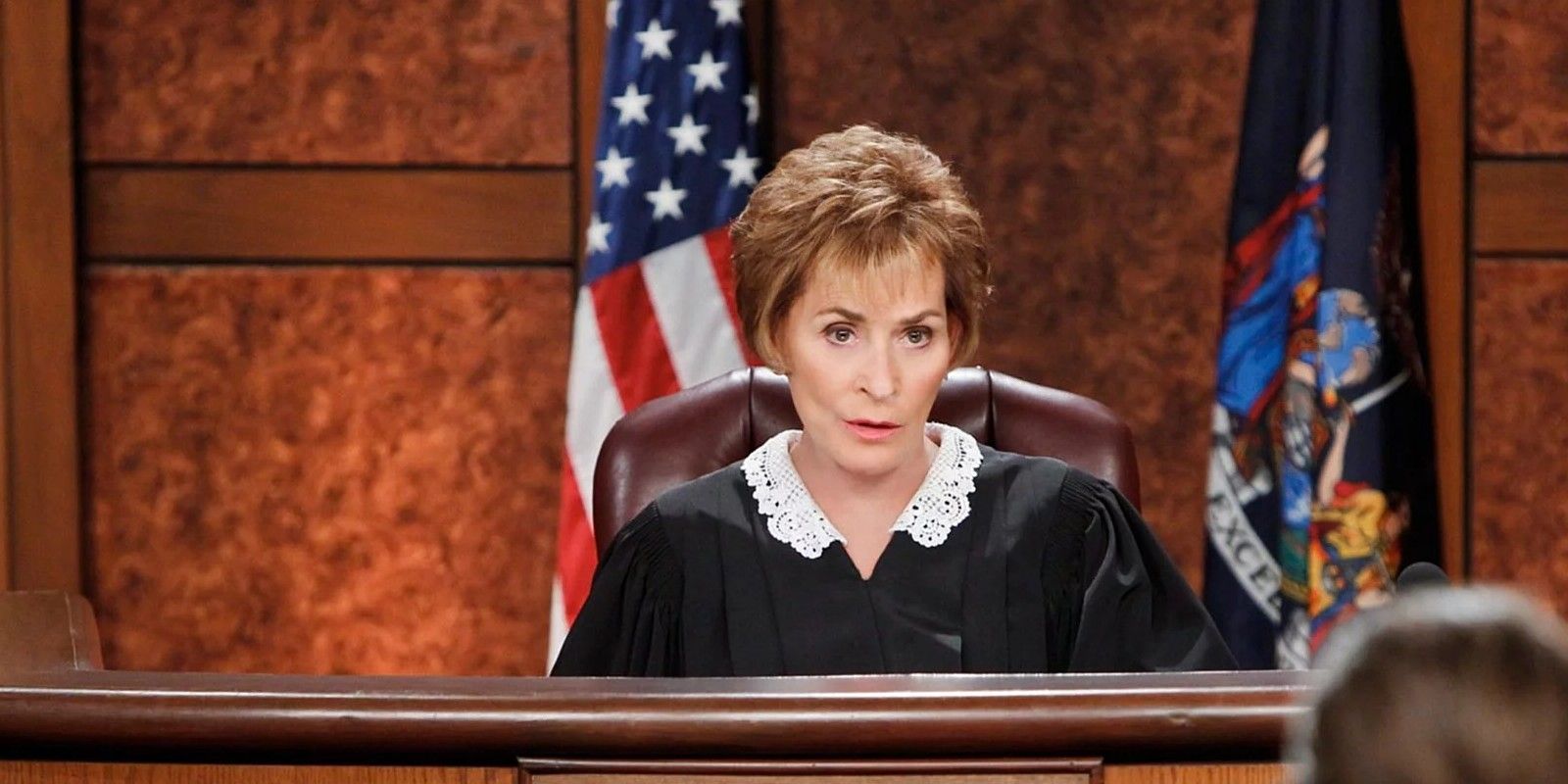Table of Contents
ToggleIs Judge Judy Fake? Unraveling the Myth
Introduction
Is Judge Judy Fake? In the realm of television courtroom dramas, “Judge Judy” has carved out a unique niche, captivating audiences with its no-nonsense approach to dispute resolution. For over two decades, Judge Judith Sheindlin has presided over a makeshift courtroom, delivering swift justice and memorable one-liners. However, beneath the surface of this highly popular show lies a persistent question: Is Judge Judy fake?
The Format of “Judge Judy”
“Judge Judy” follows a distinct format that distinguishes it from traditional courtrooms. The cases featured on the show are real small claims disputes, but with a twist. Both parties agree to have their cases heard on television and to abide by Judge Judy’s ruling. In essence, the litigants sign contracts waiving their right to pursue the matter further in a real court, even if they disagree with the outcome.
Critics argue that this departure from the norm raises questions about the authenticity of the cases and the legal proceedings portrayed on the show. Does this departure from the traditional courtroom setting compromise the show’s claim to reality?
Behind the Scenes
One of the primary arguments suggesting the fakeness of “Judge Judy” is the behind-the-scenes negotiation that occurs before the litigants even step into the courtroom. The show’s producers work with both parties to bring them to an agreement, and they often provide compensation for appearing on the show, including covering the awarded judgments.
Critics argue that this pre-negotiation process undermines the integrity of the cases presented on “Judge Judy.” They claim that participants may be more interested in the financial incentives and the opportunity for their 15 minutes of fame than in the pursuit of genuine justice.
Judge Judy’s Approach

Judge Judy’s brash and unapologetic demeanor is a key element of the show’s appeal. However, some viewers question the authenticity of her rulings, suggesting that they are influenced more by the desire for entertaining television than by a genuine commitment to legal principles.
While supporters argue that Judge Judy’s approach is effective in resolving disputes quickly and decisively, detractors point to instances where the judge’s behavior may seem more theatrical than judicial. This has led to the perception that the show prioritizes entertainment value over authentic legal proceedings.
Legal and Ethical Implications
The legal and ethical implications of “Judge Judy” have sparked debates among legal professionals and scholars. Critics argue that the show’s departure from standard legal procedures may mislead the public about the reality of the legal system, creating unrealistic expectations about courtroom behavior and outcomes.
On the other hand, supporters contend that “Judge Judy” serves as a form of alternative dispute resolution, offering a faster and more accessible means of resolving small claims disputes. They argue that the show’s popularity can be attributed to its entertainment value rather than its role as a realistic representation of the legal process.
The Cultural Impact

Despite the controversies surrounding its authenticity, there is no denying the cultural impact of “Judge Judy.” The show has become a cultural phenomenon, making Judith Sheindlin a household name and earning her a spot among the most influential figures in television history. The no-nonsense judge has become an iconic symbol of justice, even if the show’s format deviates from the conventional legal system.
The Success of Arbitration
One argument in defense of “Judge Judy” is that it introduces audiences to the concept of arbitration as an alternative method for dispute resolution. Arbitration is a legal process where an impartial third party, in this case, Judge Judy, makes a binding decision based on the evidence and arguments presented. While traditional courtrooms can be time-consuming and expensive, “Judge Judy” offers a glimpse into a more expedited and efficient method of settling disputes.
However, critics argue that the show may mislead viewers about the complexities of legal proceedings. The simplified format and the absence of legal nuances in “Judge Judy” may create unrealistic expectations about the legal system and the way disputes are resolved in reality.
Viewer Perception and Entertainment Value

The blurred line between reality and entertainment in “Judge Judy” raises questions about the responsibility of television producers to accurately represent the legal system. Viewers may be drawn to the drama and humor of the show, but the risk of misunderstanding the legal process remains.
The entertainment value of “Judge Judy” is evident in its long-lasting popularity. Audiences tune in not only for the resolution of legal disputes but also for the memorable exchanges and witty remarks that have become synonymous with the show. This focus on entertainment, however, contributes to the skepticism surrounding the authenticity of the cases presented.
Conclusion
In the ongoing debate over whether “Judge Judy” is fake, it is essential to consider the show’s unique format and the compromises made to create compelling television. While the cases presented are real, the pre-negotiation process and the theatrical nature of the proceedings raise valid questions about the authenticity of the show. Ultimately, “Judge Judy” sits at the intersection of reality television and the legal system, challenging traditional notions of courtroom proceedings and leaving viewers to decide for themselves whether justice is truly being served.














